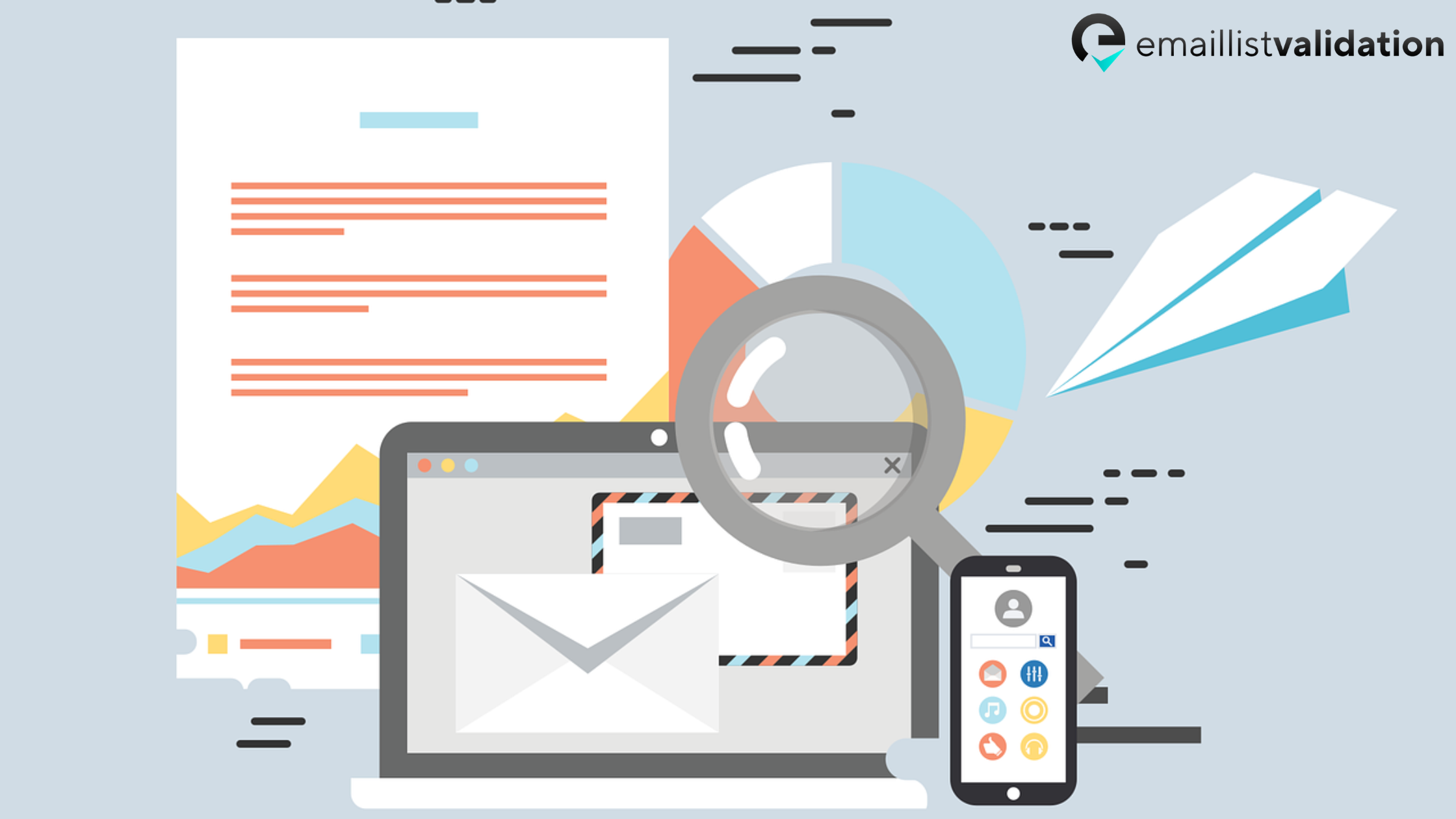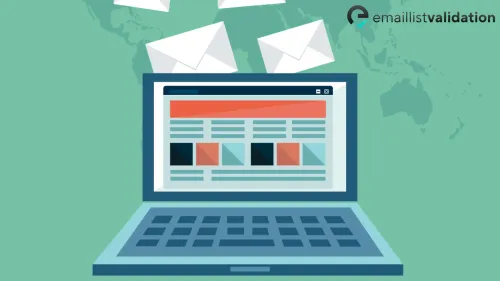If you're a Coinbase user, you're probably aware of the importance of keeping your account secure. But what if you receive an email from Coinbase support, asking you to confirm your account details or claiming that there's been suspicious activity on your account? How can you be sure that the email is legitimate and not a phishing attempt?
The truth is, scammers have become increasingly sophisticated in their attempts to steal personal information from unsuspecting victims. And one of the most common tactics they use is to send fake Coinbase support emails. In this article, we'll show you how to spot and avoid these scams so that you can keep your Coinbase account and your personal data safe.
How to Spot a Fake Coinbase Support Email
There are several red flags to look out for when it comes to fake Coinbase support emails. Here are some of the most common signs that an email is a phishing attempt:
- The email is not addressed to you personally: Legitimate Coinbase support emails will always address you by name. If an email begins with a generic greeting like ""Dear user"" or ""Dear customer,"" it's likely a phishing attempt.
- The email asks for personal information: If an email asks you to provide personal information like your Coinbase login credentials, credit card information, or social security number, it's definitely a scam. Coinbase will never ask you for this information via email.
- The email contains urgent language: Phishing emails often use urgent language to try to scare you into acting quickly. If an email claims that your account has been compromised and you need to take immediate action, it's probably a scam.
- The email contains spelling or grammar errors: While scammers have become more sophisticated in their tactics, many still make simple mistakes like spelling or grammar errors. If an email contains multiple errors, it's likely a phishing attempt.
- The email contains suspicious links or attachments: Phishing emails often contain links or attachments that can download malware onto your computer or direct you to a fake Coinbase login page. If you're not sure if a link is legitimate, hover over it with your mouse to see the URL. If it looks suspicious, don't click on it.
How to Avoid Fake Coinbase Support Emails

Now that you know how to spot a fake Coinbase support email, here are some tips to help you avoid falling victim to these scams:
- Never share your Coinbase login credentials with anyone: Coinbase will never ask you to provide your login credentials via email or any other method. If someone asks for your login information, it's definitely a scam.
- Enable two-factor authentication: Two-factor authentication adds an extra layer of security to your Coinbase account by requiring a second form of identification, like a code sent to your phone, in addition to your password. This makes it much harder for scammers to access your account.
- Use a strong and unique password: Your Coinbase password should be difficult for others to guess and different from the passwords you use for other accounts. This can help prevent scammers from accessing your account even if they do obtain your login credentials.
- Verify the sender's email address: Before clicking on any links or responding to an email, check the sender's email address to make sure it's legitimate. A fake email may have a similar-looking email address, but it won't be identical to Coinbase's official email address.
- Report suspicious emails to Coinbase: If you receive a suspicious email, forward it to Coinbase's support team at [email protected]. This helps Coinbase identify and take action against scammers.
Conclusion
By following these tips, you can help protect yourself from fake Coinbase support emails and other phishing attempts. Remember, if an email looks suspicious or asks for personal information, it's always better to err on the side of caution and report it to Coinbase. With a little vigilance and caution, you can keep your Coinbase account and your personal data safe.
FAQs
What should I do if I receive a suspicious email from Coinbase?
If you receive a suspicious email from Coinbase, don't click on any links or provide any personal information. Instead, forward the email to Coinbase's support team at [email protected] and then delete the email.
What is two-factor authentication, and how do I enable it?
Two-factor authentication adds an extra layer of security to your Coinbase account by requiring a second form of identification, like a code sent to your phone, in addition to your password. To enable two-factor authentication, log in to your Coinbase account, go to the Security tab, and follow the prompts to set up two-factor authentication.
Can scammers use fake Coinbase emails to steal my cryptocurrency?
While scammers can use fake Coinbase emails to try to steal your cryptocurrency, they won't be able to access your Coinbase account unless they have your login credentials. That's why it's so important to keep your login information secure and enable two-factor authentication.
What should I do if I think someone has accessed my Coinbase account?
If you think someone has accessed your Coinbase account without your permission, log in to your Coinbase account and change your password immediately. You should also contact Coinbase's support team to report the unauthorized access and take any other necessary steps to secure your account.
Can Coinbase guarantee the security of my account?
While Coinbase takes many steps to keep your account secure, no online service can guarantee 100% security. That's why it's so important to take steps to protect your account, like using a strong and unique password and enabling two-factor authentication.



